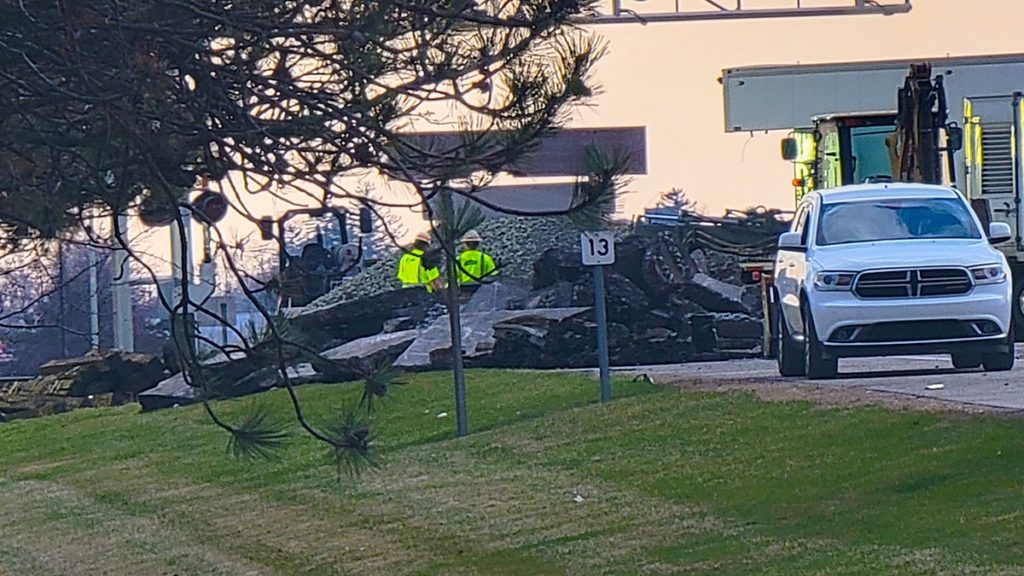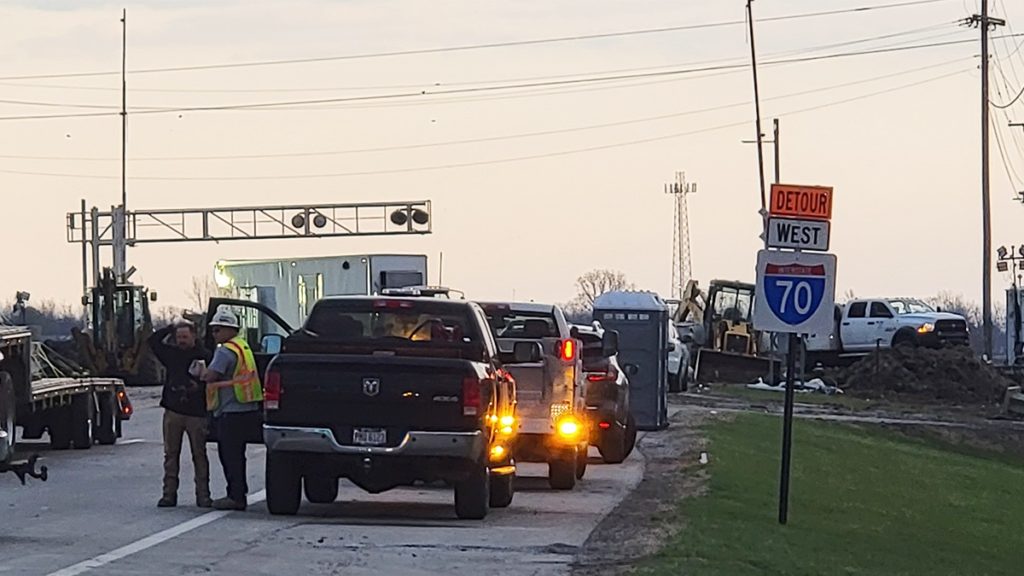Three trains operated by Norfolk Southern Railway have derailed or crashed in Ohio during the last five weeks.
Norfolk Southern first made headlines in early February after a train carrying hazardous materials derailed in East Palestine, Ohio. The rail cars involved in the derailment spewed toxic chemicals into the local environment, sparking fears that nearby residents may face long-term health effects.

The ongoing cleanup effort in East Palestine has revealed gross mismanagement and a criminal lack of oversight over Norfolk Southern. With the chemical spill not yet contained in East Palestine, two more Norfolk Southern trains have already derailed or crashed.
On March 4, a Norfolk Southern train derailed in Springfield, Ohio, downing nearby powerlines. While crews from the county hazmat team, the Ohio Environmental Protection Agency and Norfolk Southern itself found no evidence of spillage or hazardous chemicals in the derailed rail cars, several of the other rail cars contained ethanol and propane. Had these rail cars been impacted by the derailment, a catastrophic explosion could have ensued. Although no one was injured in the Springfield derailment, the incident resulted in a temporary shelter-in-place advisory for nearby residents and a power blackout for hundreds of customers.
Just three days after the Springfield derailment, a third Norfolk Southern train was involved in an accident. On March 7, a Norfolk Southern conductor was killed after a dump truck carrying limestone collided with a rail car at a Cleveland-Cliff’s Cleveland Works property, a steel company located along the Cuyahoga River.
The deadly incident in Cleveland, along with the two other disasters in Ohio, make it clear that Norfolk Southern is a danger to nearby communities, the health of the environment and its own employees.

Profit is the problem
These recent disasters are not an aberration. While the environmental contamination from the East Palestine incident was significant, train derailments are unacceptably common in the United States. In fact, the Bureau of Transportation Statistics found that 54,539 train derailments occurred in the United States between 1990 and 2021, an average of 1,704 per year. These accidents have caused an average of four deaths per year since 1990.
Although these derailments are common, they are not inevitable. The conditions that contribute to accidents, such as the three recent incidents in Ohio, are exacerbated or even caused by our current capitalist system. Norfolk Southern and other private train companies follow a profit motive, which incentivizes them to cut corners in the name of saving money. As a result, train companies often neglect to purchase the most up-to-date safety equipment, even when it is necessary to prevent accidents. In addition, crews are often short-staffed, underpaid and overworked. This increases the likelihood of human error and makes responding to emergencies considerably more difficult. The corporations that control railroads are concerned only with making a profit, not with protecting the lives and livelihoods of real people.
This systemic obsession with profit has devastating consequences. Communities have been poisoned. Supply routes have been disrupted. People have been injured and even killed. We cannot afford to maintain the status quo.
Socialism is the solution
It is clear that corporations cannot be trusted to implement adequate staffing and safety measures. Accordingly, it is absolutely necessary that private ownership of railroads be abolished. Railroads must be nationalized to prevent non-stop derailments and other disasters. This would allow democratic control over railroads, as major decisions would be made by elected representatives. Making railroads accountable to the people would ensure that they are operated for the common good, rather than for private profit, which would drastically improve safety measures.
In addition to railroad nationalization, however, we need an entirely new system. The existing model of for-profit companies wreaking havoc on our communities cannot be left unaddressed. The solution to this problem is socialism. The United States must transition from a disorganized, profit-driven economy towards a centrally-planned economy that strives to meet the needs of the working class.






